Sorry, that’s old news…
You’ve found an older news story. We delete stories from our AAP News Feed after two months. But fear not, here’s today’s news!
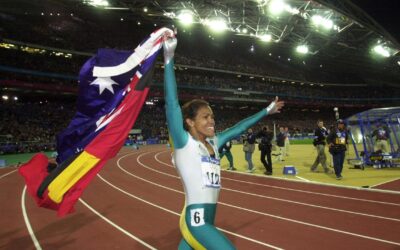
Olympic legend Cathy Freeman is one of 10 people to receive the top honour at the annual Order of Australia awards.
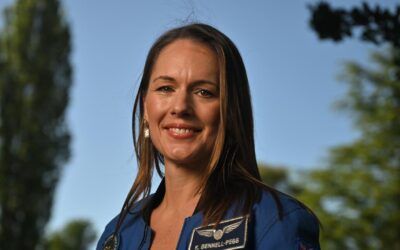
Astronaut Katherine Bennell-Pegg has been named 2026 Australian of the Year as some of the nation's top achievers ...
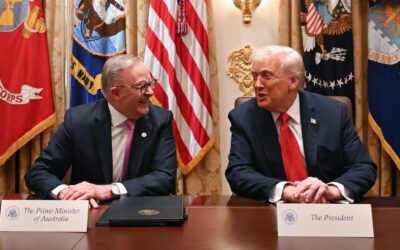
The head of the defence department has been named as Australia's next ambassador to the US, replacing former prime ...
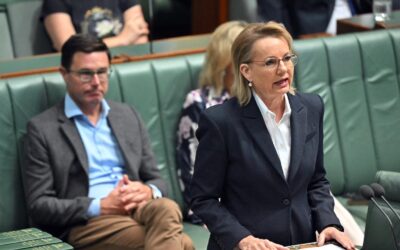
A Liberal MP has insisted Sussan Ley will survive an impending leadership challenge as the Nationals outline the ...
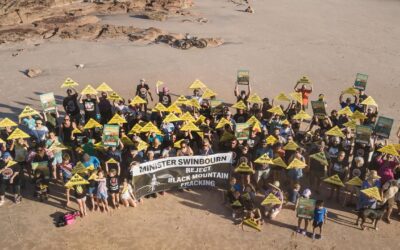
An environmental watchdog has recommended a Kimberley fracking proposal but conservationists say the decision is ...
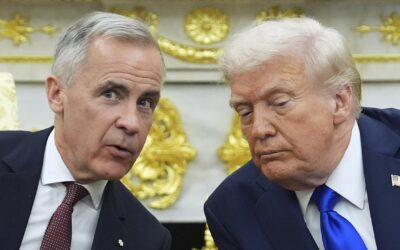
US President Donald Trump has threatened Canada with tariffs to prevent closer economic co-operation between the ...

The Wolfe Brothers have swept Australia's peak country music awards, winning five Golden Guitars including the top ...
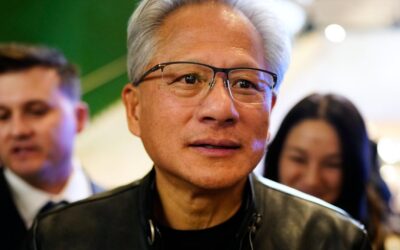
Nvidia CEO Jensen Huang is in China as the company waits for Beijing to decide whether to allow it to sell its ...
No results found.
Background image courtesy victoriancollections.net.au